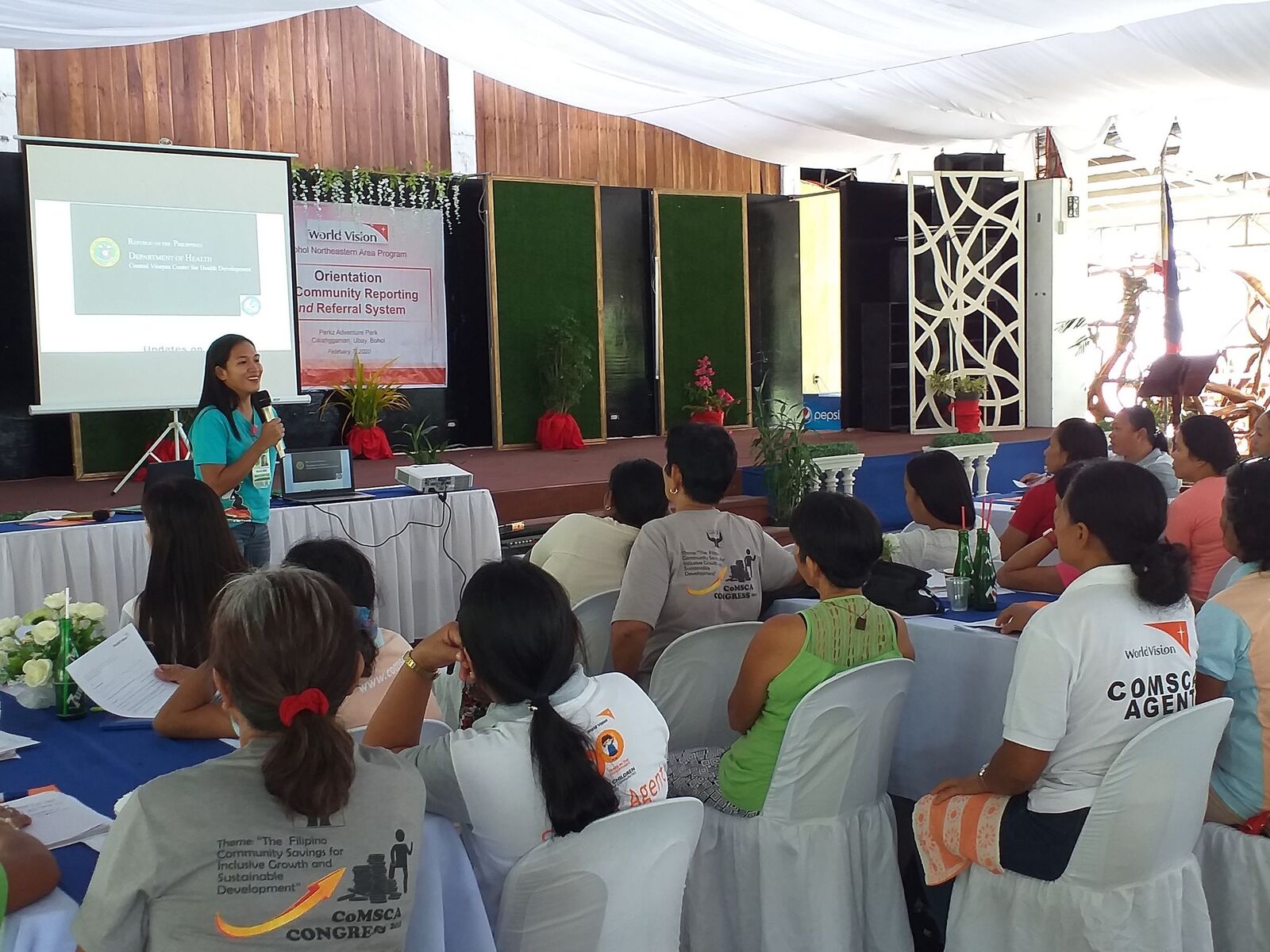
A united global effort is needed to help prevent COVID-19 from having a massive destructive impact on the lives of child refugees, migrants and the very poor, warns aid agency World Vision, as a pandemic is declared by the WHO (World Health Organization).
World Vision health specialists are urging governments not just to focus on the impact of the virus on its own citizens, businesses, travel and trade, but to rally to support war-torn and poverty-affected countries where coronavirus outbreaks will potentially cause misery.
World Vision International president & CEO Andrew Morley warned: “The WHO’s pandemic declaration is a signal for us to work together to scale up the response internationally. While most countries and citizens will be focused on protecting themselves, we mustn’t forget those – especially children – living elsewhere as refugees, as displaced people and in places where there are few doctors, nurses and hospitals. Our primary concern is for children, many of whom in Asia have already been impacted by loss of family livelihoods, school closures, and health systems under strain.”
In the Philippines, World Vision national director Rommel V. Fuerte pointed out how the country has been coping from succeeding emergencies in the past months. “Thousands of people are still reeling from the impact of the multiple earthquakes in Cotabato, volcanic eruption in Taal and typhoon in Bicol. In Marawi and other fragile areas of the country, thousands of children are still displaced. We also remember the children living in poor and highly urbanized areas who are most vulnerable in these times,” Fuerte shared.
“World Vision lauds the coming together of different stakeholders to combat fear and the further spread of the virus and we continue to pray that we will get through this as a country and as a global community,” he added.

World Vision is already hard at work distributing protection equipment and supplies in Asia, where the virus outbreak was first recorded, as well as rolling out health advice and psycho-social support to children, their caregivers, and communities.
“COVID-19 is highly infectious and will spread easily in places where there are unhygienic conditions, crowding, and where health services and monitoring are weak,“ said World Vision International’s head of Health and Nutrition, Tom Davis. “This means that countries hosting high numbers of displaced people where there is a severe lack of doctors, nurses, community health workers and hospitals need special and urgent support.”
While wealthy countries typically have 2-12 hospital beds per 1,000 population, in the poorest countries it is as few as 1 bed per 10,000. There also can be a lack of oxygen, ventilators, and intensive care units. In refugee camps, this kind of medical support is commonly not accessible and death rates from COVID-19 may be higher than the 3.4% reported so far and which come from countries with more advanced healthcare systems. Infection rates may be higher due to cramped living conditions and poor hygiene, Davis warned.
Davis also warned the domino effect for children could be catastrophic when guardians and income earners fall ill or die creating vulnerabilities for desperate children that range from dropping out of school, to being forced to work, beg or enter the sex trade to survive. Also, as health systems shift resources to caring for the burgeoning number of adults who are sick with COVID-19, routine child health and nutrition services may be put on hold or under-resourced.
World Vision calls on all concerned individuals and agencies to support the government-led efforts to contain the spread of the virus and mitigate the risks, and to heed health leaders’ constant advice regarding the pandemic.

For more updates and information, like and follow World Vision in the Philippines on Facebook, Twitter, and Instagram or visit their official website www.worldvision.org.ph.

